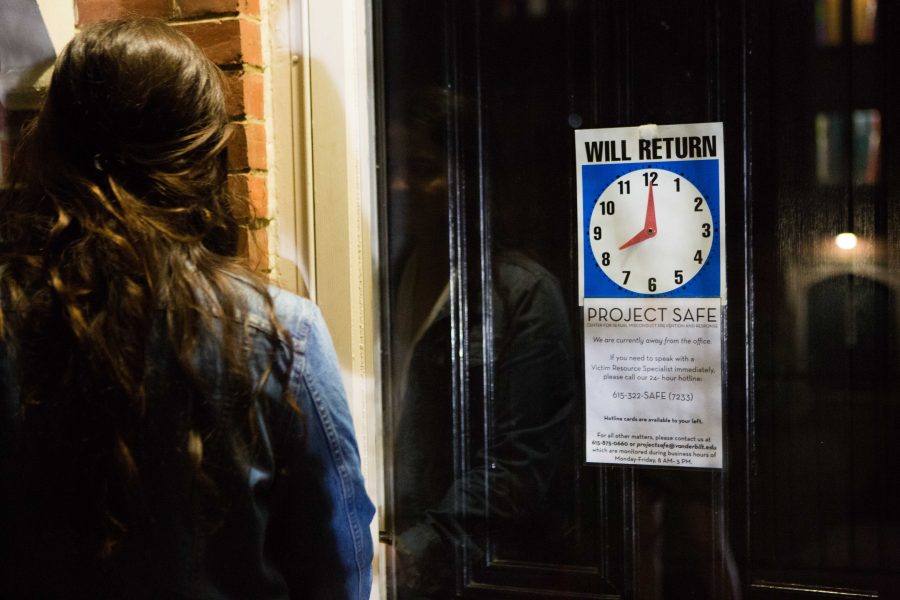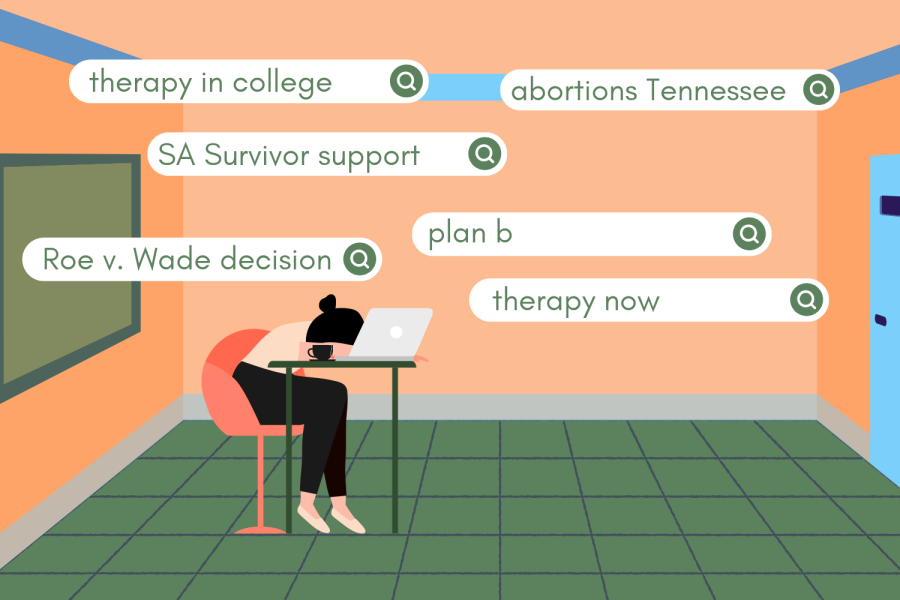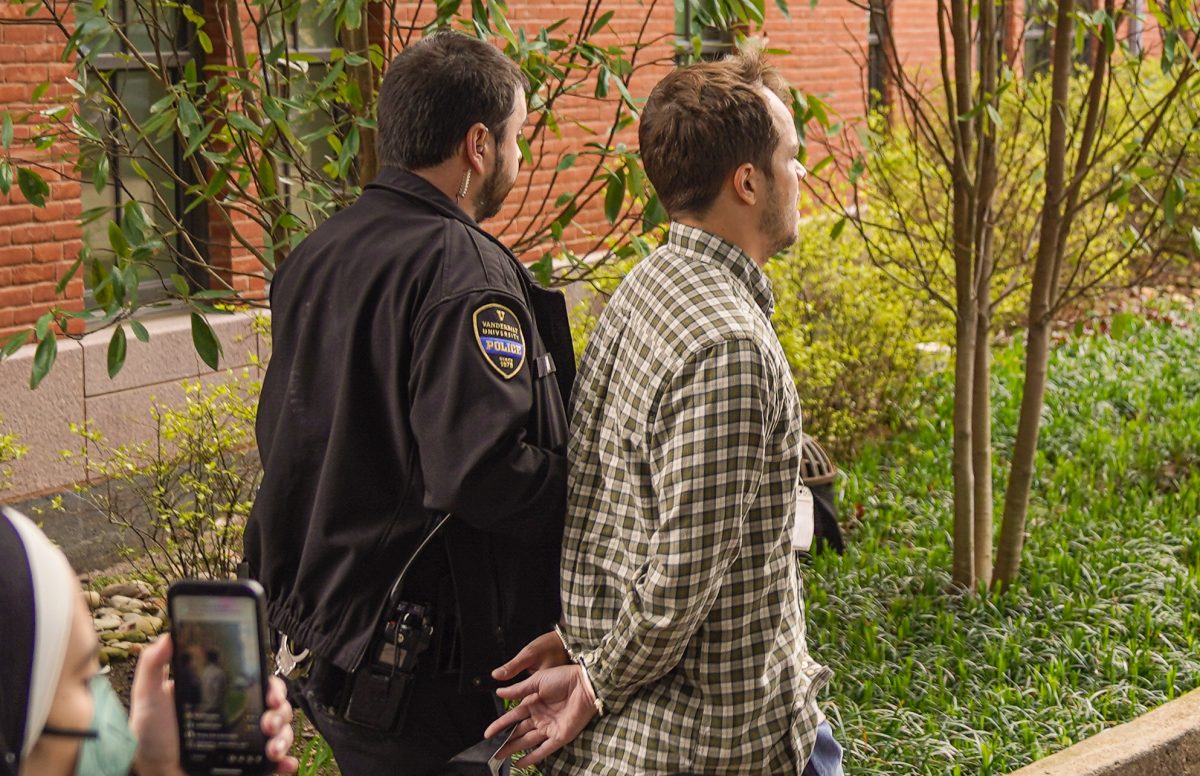Editor’s note: Contains discussion of sexual assault
With two sexual assaults and two kidnapping attempts reported in the past few weeks, Vanderbilt students are nervous, on-edge and scared. I know many people who are now more worried about walking home at night or exercising alone, even during the day. All of these worries are completely valid, and while they always exist in the minds of potential victims such as women-identifiers and members of the LGBTQ+ community, recent events have amplified them. What potential victims shouldn’t need to worry about is casually drinking with their friends.
In late March, a Minnesota court ruled that a perpetrator cannot be charged with rape if the victim had voluntarily chosen to drink beforehand. The ruling resulted in the overturning of a four year old case that involved a woman who had chosen to drink and then was invited to a party by perpetrator Francios Momolu Khalil outside of a bar. The woman testified that she “blacked out” and woke up to the man assaulting her before passing out again. Because she voluntarily drank beforehand, Khalil could not be found guilty of rape as the woman technically did not fall under the definition of “mentally incapacitated.” As a result, his previous conviction of third-degree criminal sexual conduct was overturned. With the laws written as is in Minnesota, “mentally incapacitated” only applies to those under the influence of substances “administered without their agreement.” Because of this loophole in the definition of “mentally incapacitated,” the survivor may not see Khalil receive the punishment he deserves.
But this loophole doesn’t only exist in Minnesota. In fact, similar laws apply in 40 other states, including Tennessee. According to the 2019 Tennessee Code published by Justia U.S. Law, the definition for “mentally incapacitated” in Tennessee law does not explicitly include those who are voluntarily intoxicated.
Advocates in Minnesota are upset and are trying to make changes to the state legislation to explicitly include those who are voluntarily intoxicated and to avoid any more cases like Khalil’s. But we, as Tennesseans, don’t need to wait for a monumental case like Khalil’s in Tennessee before we make the changes that we need to make. We too should be upset and working toward change—especially as a college campus.
Sexual assault is, sadly, a very prevalent issue on college campuses. According to the Rape, Abuse and Incest National Network (RAINN), 13 percent of all college students experience rape or sexual assault through physical force, violence or incapacitation. Many of these students are also drinking. According to the National Institute on Alcohol Abuse and Alcoholism (NIAAA), 54.9 percent of full-time college students ages 18 to 22 drank alcohol in the past month. Clearly, sexual assault on college campuses is a problem, and with so many students choosing to drink, clear legislation is important in ruling these cases justly.
Not only does the current definition of “mentally incapacitated” exclude those who are voluntarily intoxicated making rulings difficult after a rape has already happened, but this loophole also might make victims less likely to report their cases if they don’t think they’ll receive justice. Further, people who are more likely to become victims of sexual assault, such as undergraduate college females (of whom 26.4 percent experience sexual assault) might avoid drinking or partaking in the “typical” college scene out of fear of what happened with cases like Khalil’s.
With the recent sexual assaults and kidnapping attempts on and around Vanderbilt’s campus, it is more clear than ever that students need to feel safe. But, doing so shouldn’t have to include pausing typical college activities such as drinking. The victim should never be considered at fault, even partially, for what an oppressor has done, especially when it comes to sexual assault. Our legislation should reflect that.












